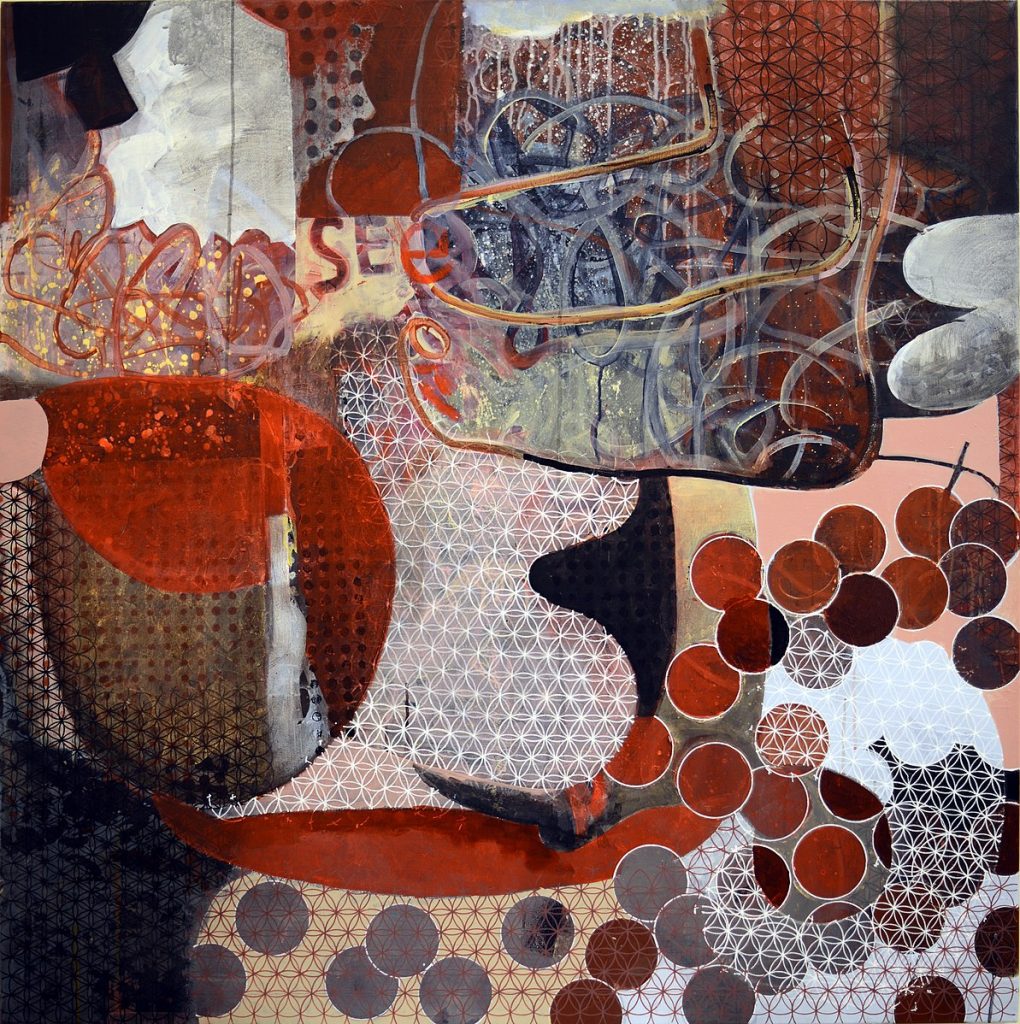“Philosophy in Plain Arabic” Aims to Bring Philosophy to the Public in the Arabic-Speaking World
Bel Arabi Falsafa (“Philosophy in Plain Arabic”) is a new initiative at the American University in Cairo that aims to “democratize access to philosophy and change popular perceptions of it not just in Egypt, but also in the Arabic-speaking world as a whole.”
The venture recently received a $50,000 grant from the Andrew W. Mellon Foundation to fund its teaching, outreach, and research programs, which are oriented towards bringing philosophy to a non-specialist audience, and “demonstrating the relevance of philosophy and philosophical methodologies to matters of both private interest and public concern.”
A press release from the University of Cairo reports:
The goal for the coming year is to host events at cities in the Nile Delta and Upper Egypt. The long-term aim is to establish a visible, active and sustainable presence in Egypt beyond the greater Cairo metropolitan area. Over the next 10 years, Bel Arabi Falsafa events are envisaged to be held in three different governorates every year. The project organizers hope to establish self-sustaining Bel Arabi Falsafa-type events across the MENA region.
The project will also create an online database of curated intellectual content, a portal through which the public may access videos, webinars and Arabic translations of philosophical texts (particularly contemporary philosophical texts, of which only a scant few have been translated) with commentaries. This online repository is intended as a supplement to the ongoing public outreach programs that allow people, who might otherwise not have access, an entry point into the academy…
There are numerous perceived benefits to this initiative, including minimizing the perception that philosophy is inherently Eurocentric by preparing students to re-enter English-speaking classrooms with a newfound awareness of how philosophical concepts—especially concepts from contemporary philosophy—can be translated back into their own colloquial idiom and cultural context.
You can learn more about the project here as well as follow it on Facebook.
(via Sherif Gamal Salem)
 Hazem Taha Hussein, “See”
Hazem Taha Hussein, “See”

The title of the post is misleading because of course philosophy does not need to be brought to the Arab-speaking world, as it has long existed there, be it of Islamic or non-Islamic (e.g., Marxist) provenance or inspiration.
Thanks. I had meant to include a reference to “the public” in the title and mistakenly left it out. I’ve now changed it.
Thank you Justin. There’s been a less formal endeavor to bring philosophy and theology (while this distinction is important, the boundaries here are not impermeable) from the Arab and historic Islamic lands to the Eurocentric world for several decades now, and much of that material is not intended solely for academic philosophers (Oliver Leaman’s books are exemplary in this regard). For an example of this literature in English, please see this recent compilation (I have another one for Sufism which has some works of philosophy as well): https://www.academia.edu/37897125/Theology_and_Philosophy_in_Islamic_Traditions_A_Select_Bibliography